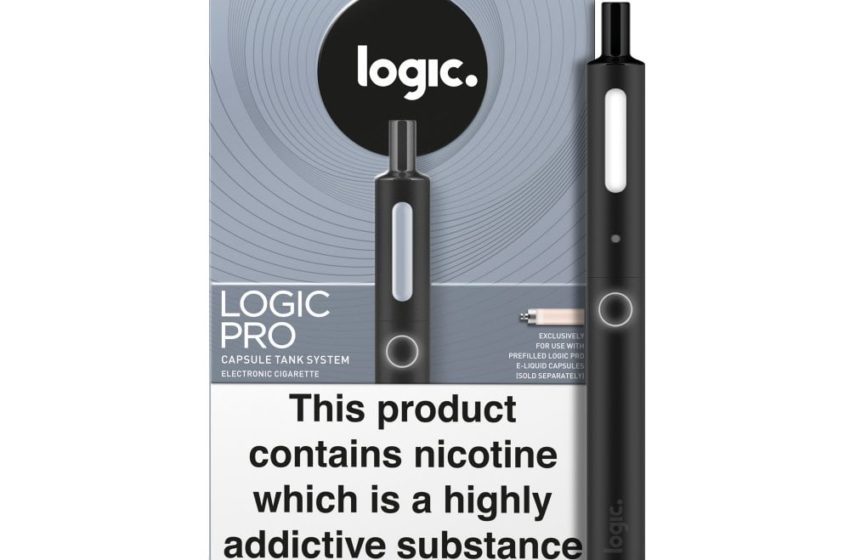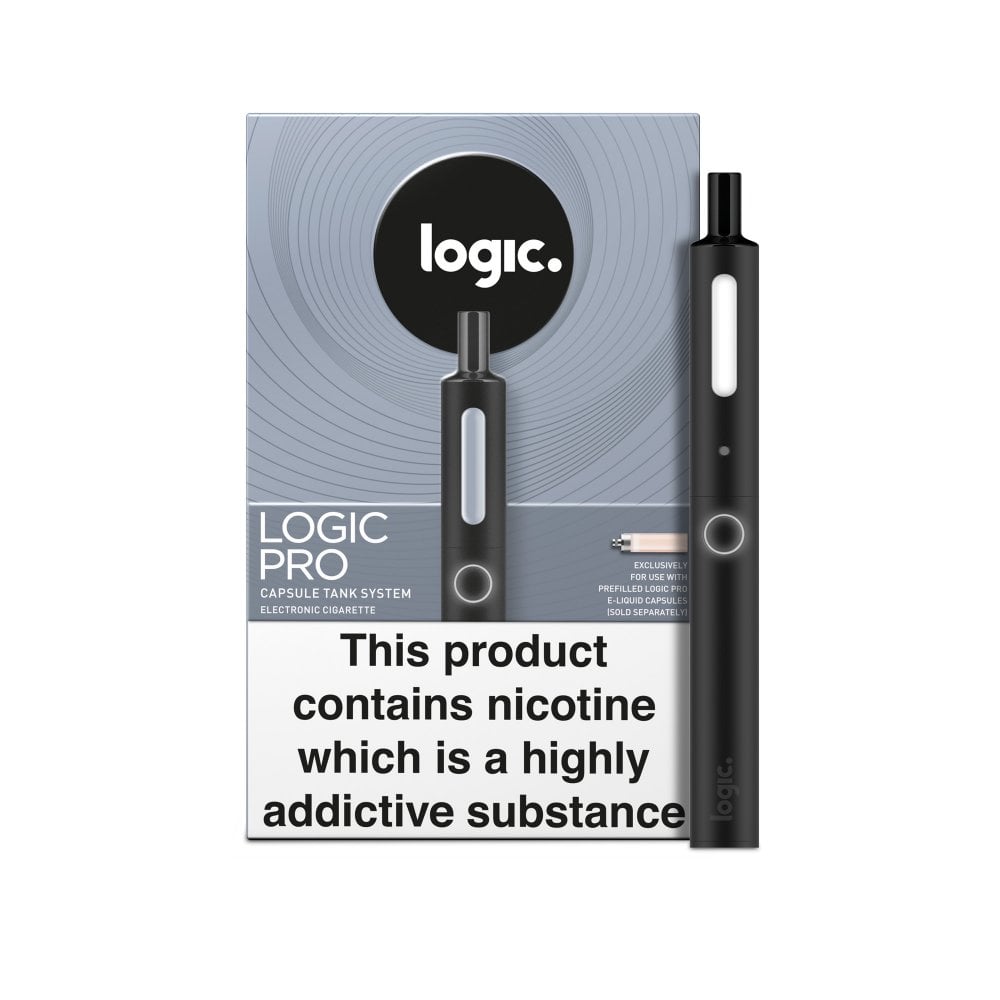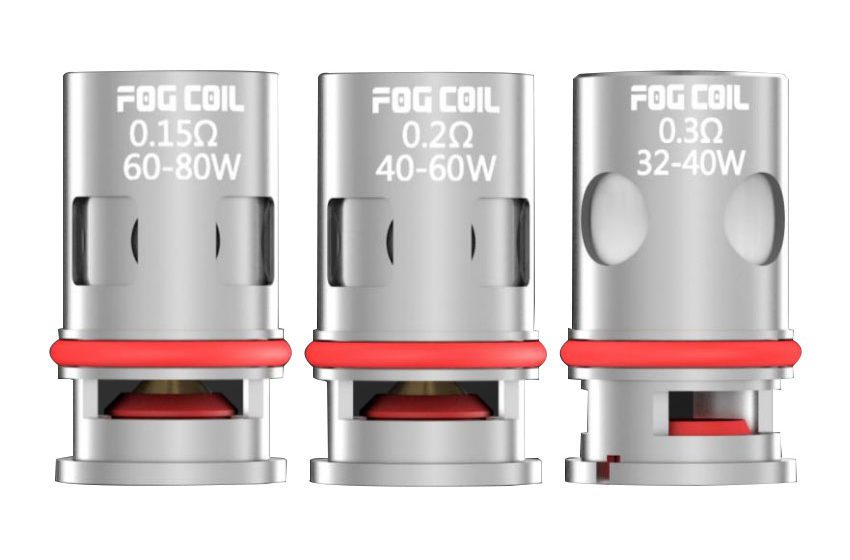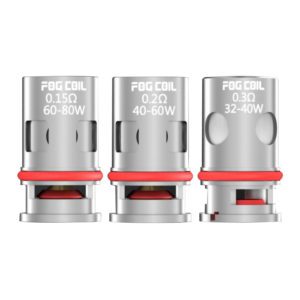
The U.S. Food and Drug Administration will be required to give premarket tobacco product application (PMTA) status reports every 90 days. The first reports are due on April 29, according to a revised order from District Judge Paul Grimm for the United States District Court for the District of Maryland.

The revised order, signed on April 15, granted a motion filed by American Academy of Pediatrics (AAP) and other plaintiffs that requires the FDA to “forecast the percentages of such products for which it expects to have taken ‘action’ by June 2022 and quarterly thereafter.” Subsequent reports will also be required to state any revisions to prior estimates.
The order states that “covered applications” means all applications for newly deemed tobacco products “sold under the brand names Juul, Vuse, NJoy, Logic, Blu, Smok, Suorin or Puff Bar.” Additionally, any product with a reach of 2 percent of more (vaping product brands deemed to have the greatest public health impact) in “Retail & Sales” in Nielsen’s “Total E-cig Market & Players” or “Disposable E-Cig Market & Players.” The FDA has already approved some products from Vuse and Logic. Also, the agency has denied applications for Blu’s Myblu products.
The decision was not unexpected by the vaping industry. Azim Chowdhury, a partner with Keller and Heckman LLP, speaking during the firm’s annual E-Vapor and Tobacco Law Symposium held Feb. 2–3, said the FDA had appeared to concede to the requested requirement to submit status reports on many of the remaining submissions under review, adding that the updated requirements requested by the anti-vaping groups appeared to be even broader than the original.

It’s been more than eight months since the 12-month continued compliance policy for products subject to timely submitted PMTAs ended, but the agency is still sitting on some 88,000 reviews, including some of the vaping products with the highest market shares as measured by Nielsen.
Requiring the FDA to provide the status reports comes with some controversy. Chowdhury says that it wouldn’t be appropriate for the protection of public health (APPH) or positive for the vaping industry if a requirement for status updates forced the regulatory agency to make PMTA decisions only to appease the anti-vaping groups or politicians.
“These status reports could be used as a tool to pressure FDA to act—i.e., deny— applications quickly,” Chowdhury told Vapor Voice. “Rather, we want FDA to review the science carefully and take the time it needs to determine whether a particular product is APPH.”
In November 2021, the anti-vaping organizations whose lawsuit brought forward the deadline for filing premarket tobacco product applications (PMTAs) asked U.S. District Judge Paul Grimm to reopen the case. The plaintiffs asked him to require the U.S. Food and Drug Administration to regularly report on the status of the applications for the 10 bestselling vapor brands according to Nielsen rankings.




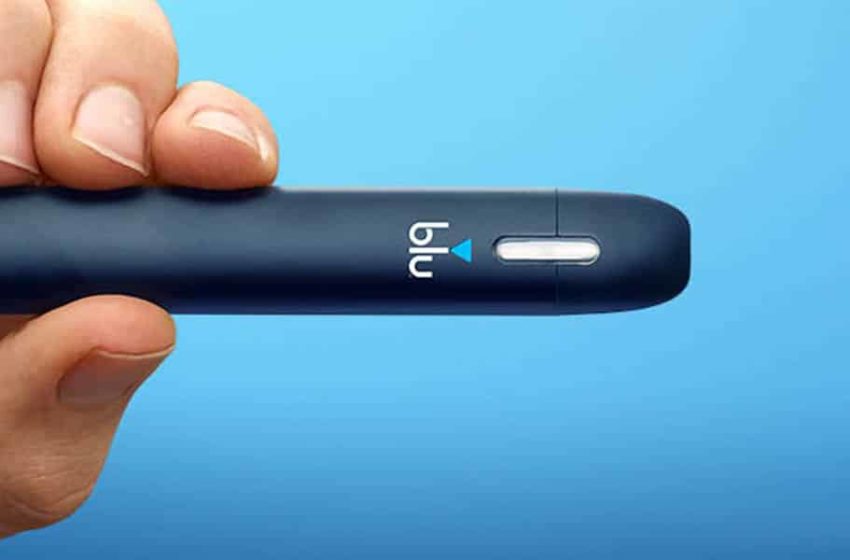
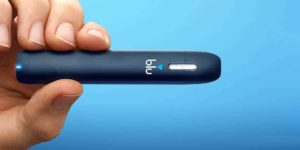



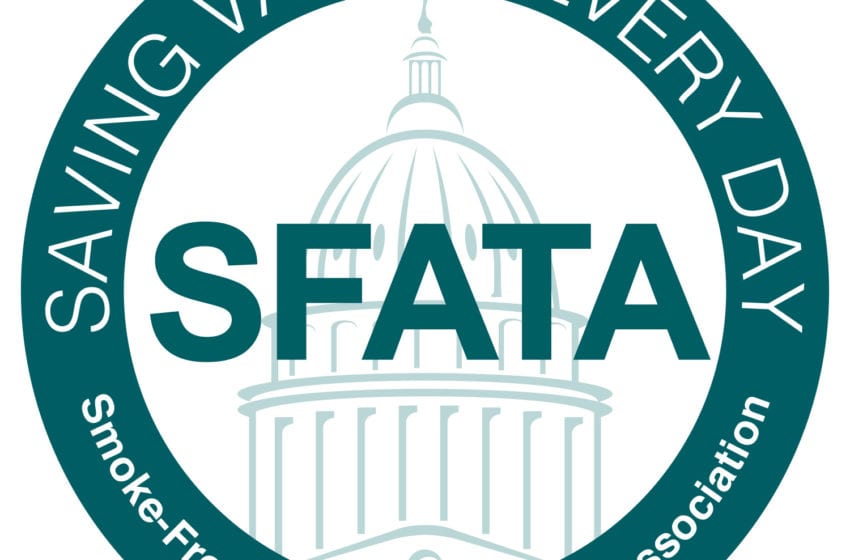
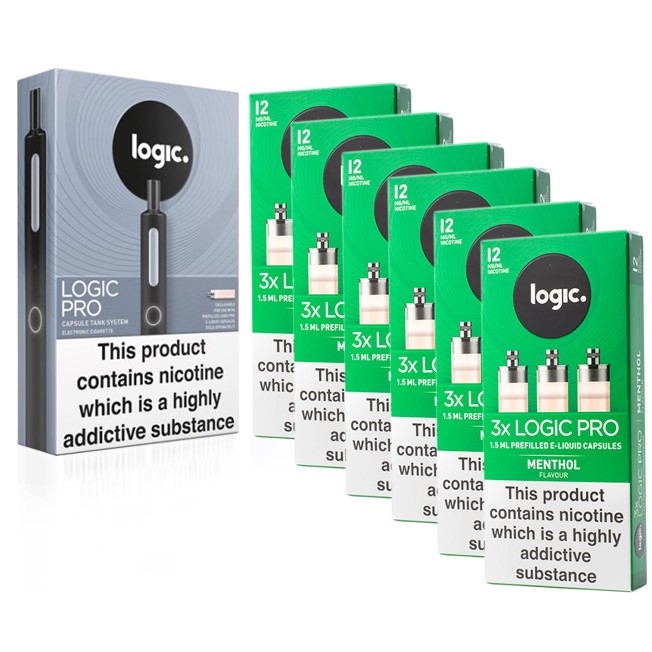
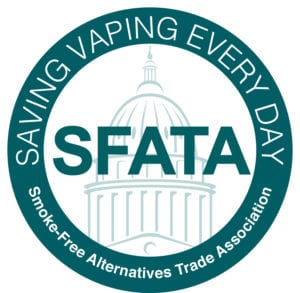 “Although we are not surprised to learn that Japan Tobacco Inc., brand owner of Logic, is now among the Big Tobacco companies with FDA market authorization, we certainly aren’t pleased with FDA’s consistent rejection of flavored products and will continue to apply pressure in that regard, as well as in the enforcement discretion arena – particularly for the manufacturers with products still in review that participate in our Responsible Industry Network program,” said April Meyers, CEO of the Smoke-Free Alternatives Trade Association (SFATA). “As the nation’s leading regulatory body, the agency appears to be cherry-picking what science it utilizes for decision making. That FDA cited the recent NYTS data but failed to acknowledge the steep decline in youth use while coining the low rates an “epidemic”, makes its rejection of flavored products today seem more an act of fear over what might happen than a decision based on scientific evidence. This is disappointing, at best, but again, not surprising.”
“Although we are not surprised to learn that Japan Tobacco Inc., brand owner of Logic, is now among the Big Tobacco companies with FDA market authorization, we certainly aren’t pleased with FDA’s consistent rejection of flavored products and will continue to apply pressure in that regard, as well as in the enforcement discretion arena – particularly for the manufacturers with products still in review that participate in our Responsible Industry Network program,” said April Meyers, CEO of the Smoke-Free Alternatives Trade Association (SFATA). “As the nation’s leading regulatory body, the agency appears to be cherry-picking what science it utilizes for decision making. That FDA cited the recent NYTS data but failed to acknowledge the steep decline in youth use while coining the low rates an “epidemic”, makes its rejection of flavored products today seem more an act of fear over what might happen than a decision based on scientific evidence. This is disappointing, at best, but again, not surprising.”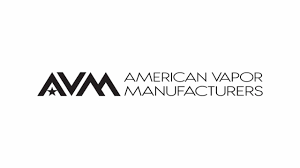 “People forget that in the story, Dr. Jekyll was a benevolent physician in a lab coat who only wanted to help people. But tomorrow morning, (FDA Commissioner) Robert Califf and (director of the FDA’s Center of Tobacco Products) Mitch Zeller will transform back into their Mr. Hyde alter-egos and resume their hellbent mission to sabotage the single-most effective smoking cessation device ever devised,” said Wheeler. “Well, the American people are watching and I for one am not going to stand by and let them get away with it. So, here’s my own announcement for today: FDA and CDC have my approval to stop deceiving the American public about the safety and efficacy of nicotine vaping.”
“People forget that in the story, Dr. Jekyll was a benevolent physician in a lab coat who only wanted to help people. But tomorrow morning, (FDA Commissioner) Robert Califf and (director of the FDA’s Center of Tobacco Products) Mitch Zeller will transform back into their Mr. Hyde alter-egos and resume their hellbent mission to sabotage the single-most effective smoking cessation device ever devised,” said Wheeler. “Well, the American people are watching and I for one am not going to stand by and let them get away with it. So, here’s my own announcement for today: FDA and CDC have my approval to stop deceiving the American public about the safety and efficacy of nicotine vaping.”